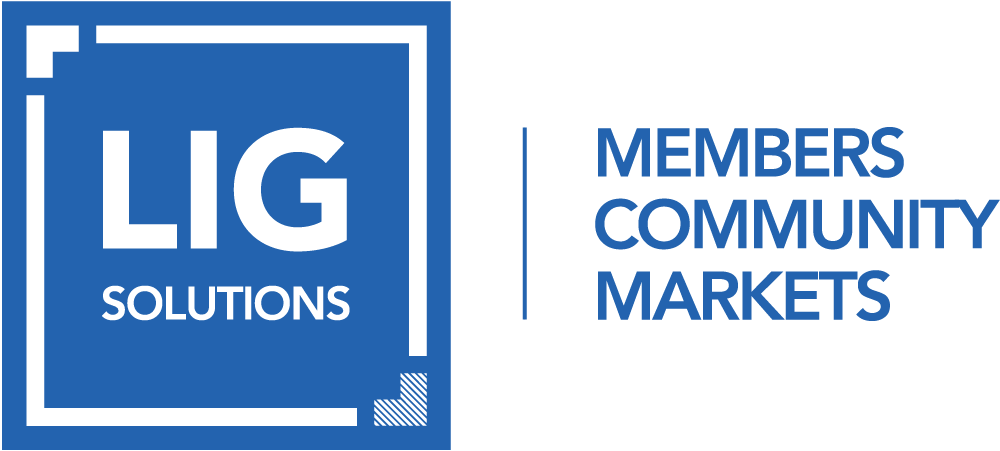
Life is a journey filled with choices, some of which have far-reaching consequences. One such critical choice is that of health insurance. As we traverse through different stages of life, our healthcare needs evolve, and so should our health insurance plans. The significance of these decisions extends beyond individual health, impacting the broader healthcare system and even national policies. This article aims to guide you through the labyrinth of health insurance choices, from the onset of adulthood to the considerations for end-of-life care.
Stepping into adulthood comes with its fair share of new responsibilities. One of these, often overlooked until needed, is securing appropriate health insurance coverage. This is a crucial step in safeguarding your future health and financial stability. For young adults under the age of 26, numerous affordable options are within reach. These include staying on a parent’s plan, exploring the state’s healthcare marketplace offerings, and leveraging college or university health plans.
Staying on your parent’s plan can be convenient and cost-effective for young adults. The ACA provides for this coverage to continue until you turn 26, regardless of your marital, residential, or employment status. This continuity can provide a safety net during the transition into full-fledged adulthood.
However, not everyone has the luxury of parental coverage. In such cases, the state healthcare marketplace serves as a valuable resource. It provides a comprehensive list of available options and facilitates eligibility checks for Medicaid or government subsidies. This allows young adults to make informed decisions and choose an insurance plan that best suits their needs and financial capabilities.
For students, universities often mandate health insurance coverage, offering dedicated plans as part of their packages. These can serve as cost-effective solutions, providing essential health coverage while managing education expenses.
Another option worth considering for young adults, particularly those under 30 and in good health, is a catastrophic plan. Characterized by low monthly premiums but high deductibles, these plans are designed to protect against significant, unexpected health events. While they might not cover routine healthcare, they provide a financial shield against catastrophic health expenses.
When the milestone of 26 is crossed, the health insurance landscape transforms. Parental plans are no longer accessible, and for many, the safety net of student insurance is also gone. However, there are still numerous avenues to explore. One such option is employer-provided insurance. Many companies, particularly those with more than 50 employees, offer health insurance as a part of their benefits package. Depending on the employer, these plans can cover part or all of your monthly premiums, leading to significant savings.
People without employer-based health insurance and self-employed people may be able to purchase plans through their state’s health care marketplace. Plans are available for purchase during open enrollment periods that typically run from November through December or January. Some life events, such as losing a job, getting married, adopting a child, or turning 26 years old qualify you for special enrollment periods outside the usual schedule.
Beyond the age of 26, Medicaid remains a viable option if you meet the income requirements. Each state sets its qualifications, but in most states, single individuals earning less than $2,523 per month or married couples earning less than $5,046 per month may qualify. Medicaid offers comprehensive coverage, including doctor visits, hospital stays, emergency treatments, and sometimes medications, often at little to no cost.
As we advance in life, the importance of health insurance decisions extends beyond personal needs. Our choices can influence larger systems, such as Medicare. A prime example is the impact of hospice care decisions on Medicare savings. Hospice care, focusing on enhancing the quality of life for terminally ill patients, can lead to significant cost reductions. A study by the University of Chicago found that in their last year of life, Medicare beneficiaries who chose hospice care saw a 3.1% reduction in total care costs compared to those who did not.
Although healthcare decisions are deeply personal and influenced by individual circumstances, the importance of open discussions about these choices cannot be overstated. Conversations with family and friends, faith communities, and policymakers can help shape a personal and national approach to healthcare that aligns with our values and ensures that we live our lives, right up to the end, in the most fulfilling way possible.
As we navigate the journey of life, understanding the myriad health insurance options at each stage and making informed decisions is vital. These choices protect our financial stability, ensure we receive the care we need, and contribute to the sustainability of our healthcare system. Whether it’s a parent’s plan for young adults, catastrophic coverage for the healthy, or hospice care for the final stages, the journey through health insurance is one of continuous learning and informed decision-making.
To learn more about your insurance choices, connect with one of our agents today to discuss all your options and answer any questions you may have. The experts at LIG Solutions have licensed health insurance professionals with the goal of offering a simple and transparent view of healthcare coverage. There’s no need to spend hours trying to understand different plan options – we’ll work with you to understand your needs and budget to recommend a plan that will work the best for you. And because we have no vested interest in which insurance carrier you go through, you can rest easy knowing we are truly looking out for your employee’s best interests.
__________________
Get the Insurance You Need and Save Today!
